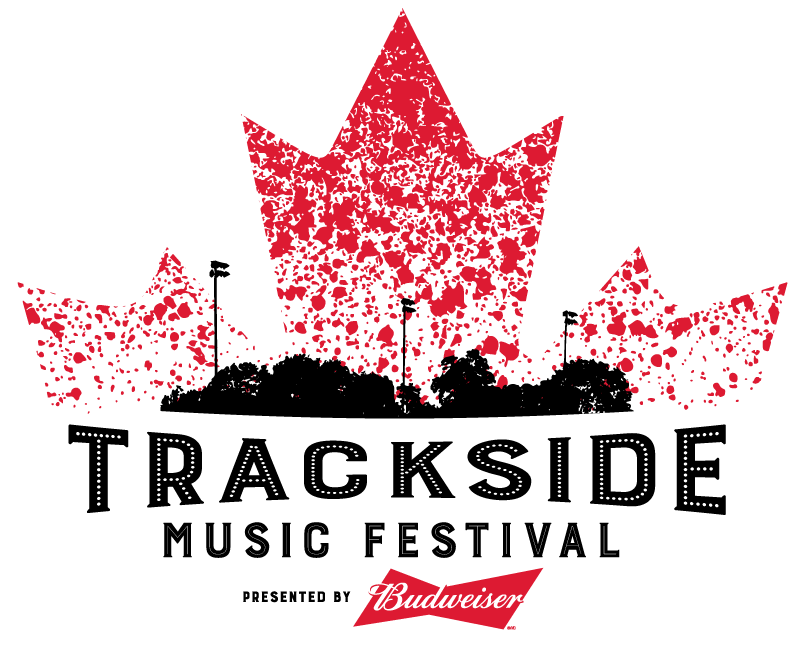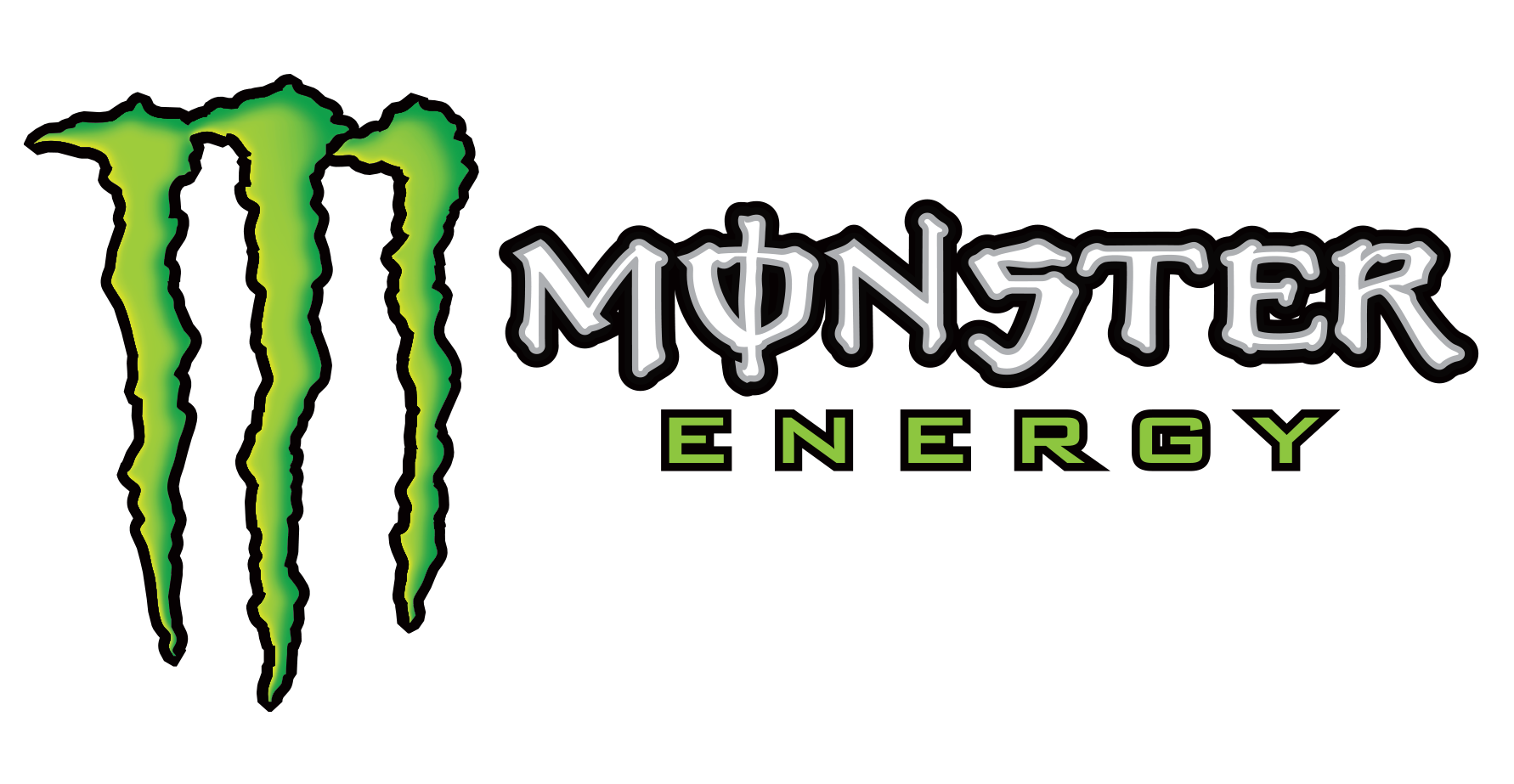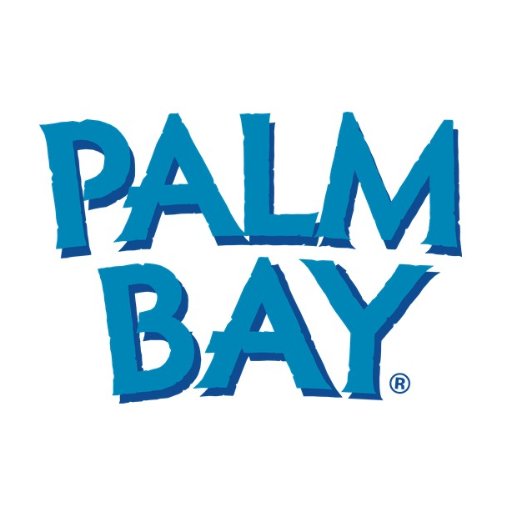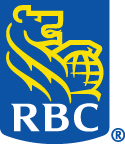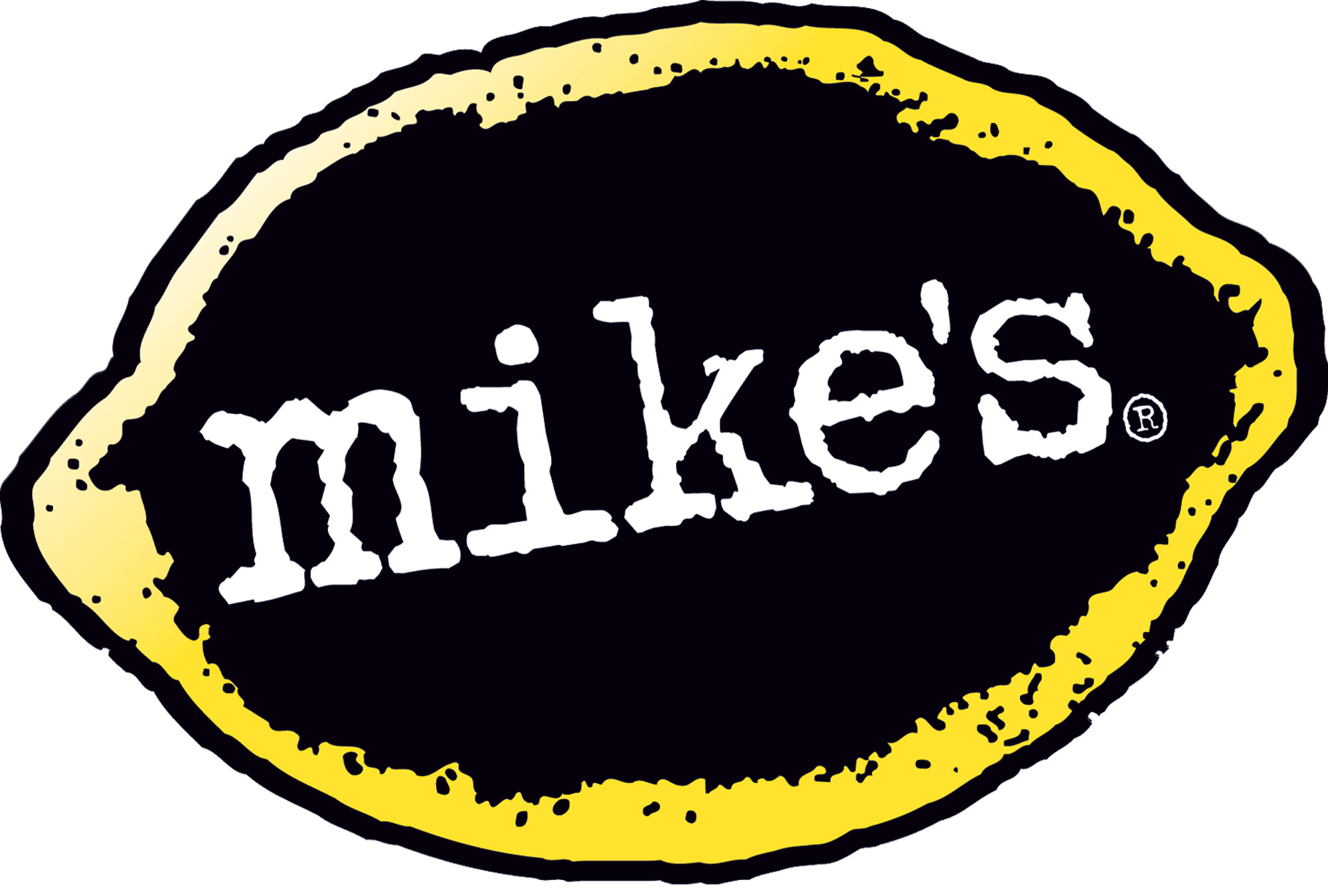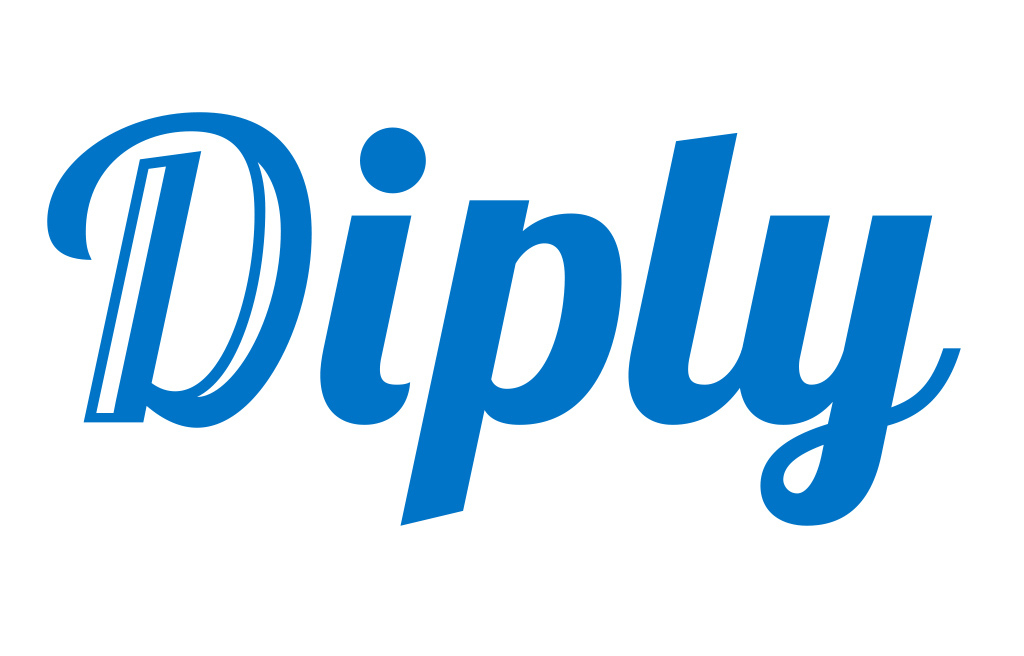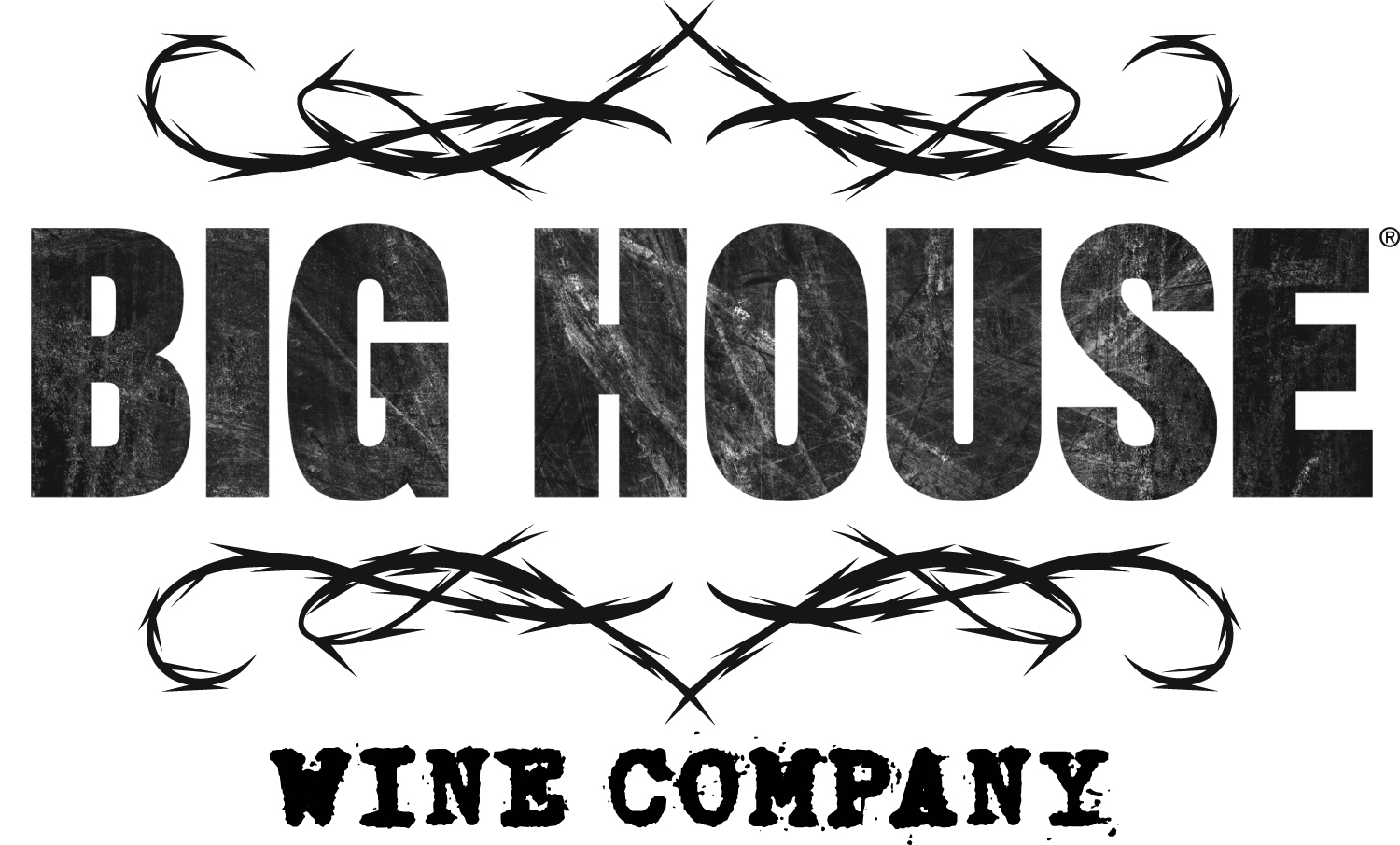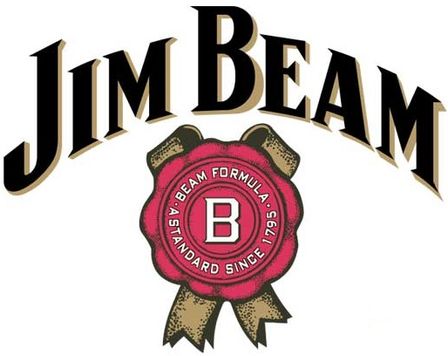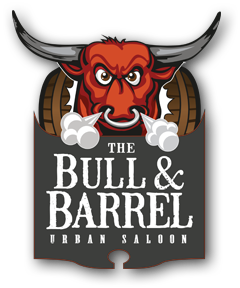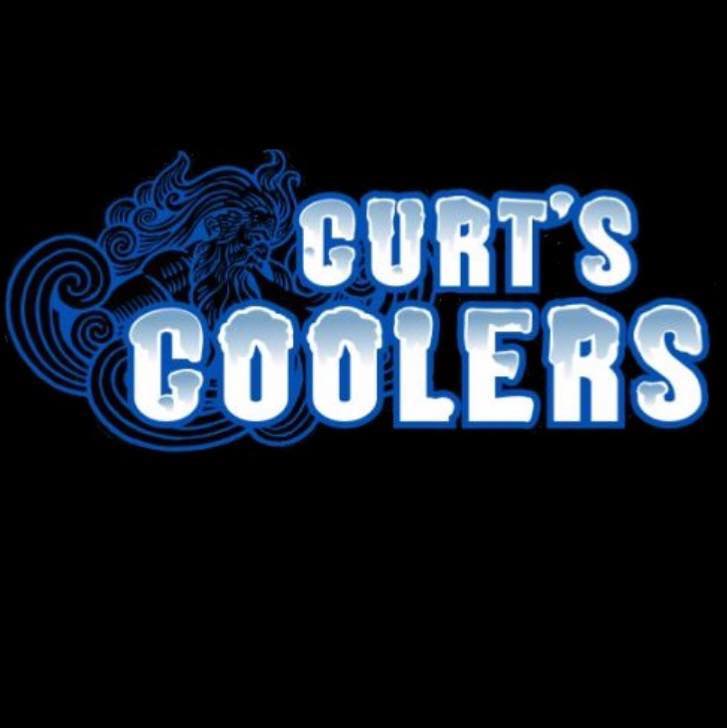2018 Trackside Music Festival Artist Lineup
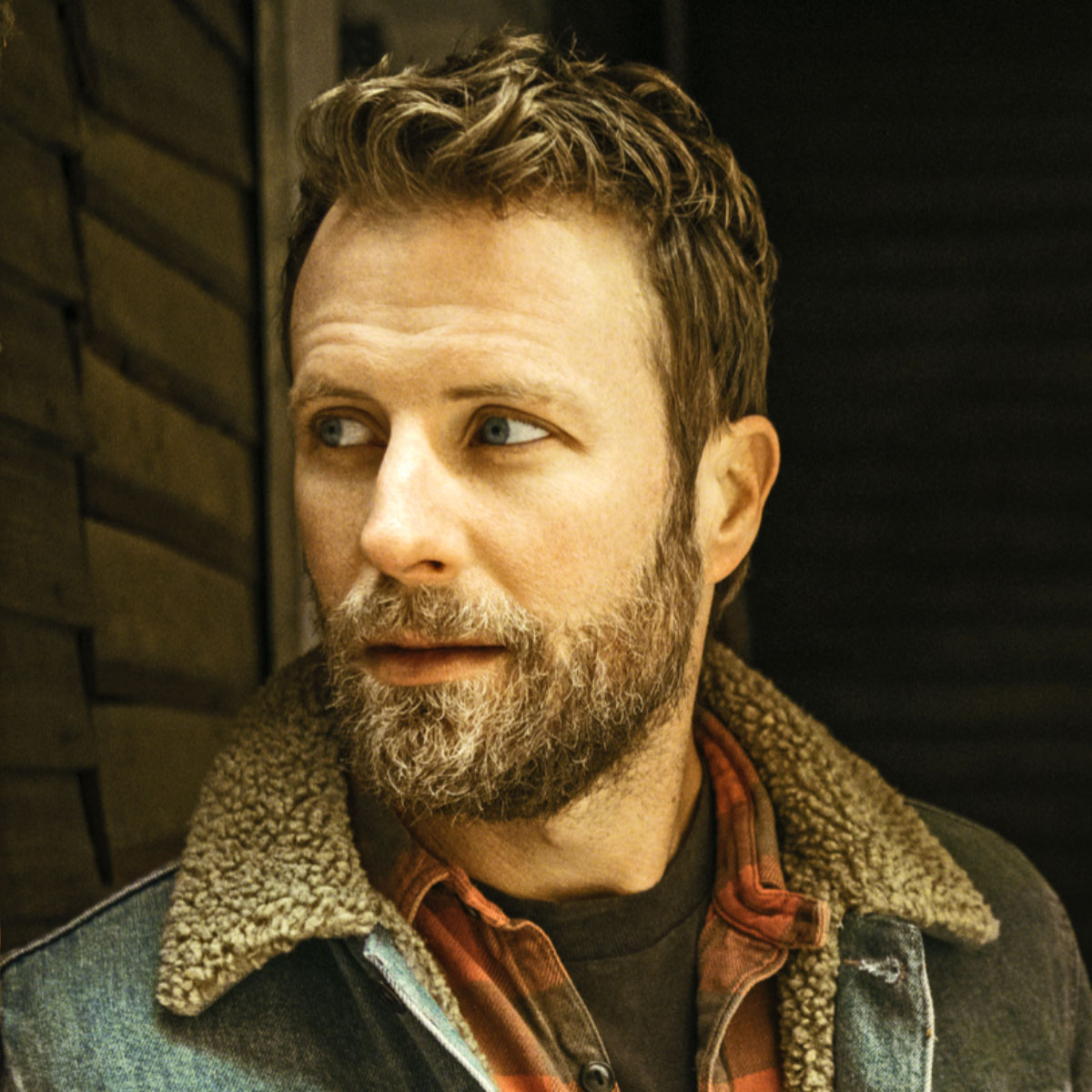
Dierks Bentley
Saturday, June 30th / Main Stage
Bentley has garnered 11 GRAMMY nominations and Grand Ole Opry membership. His album Home debuted at No. 1 and yielded three consecutive chart-topping hits, giving him 10 No. 1 songs total in his career.
The thunderbird symbolism on Dierks Bentley’s album Riser speaks volumes about the complex ball of emotions locked within.
The mythological thunderbird was a sign of strength. It closely resembles the phoenix, another mythological symbol for resilience and renewal. And the Thunderbirds are an essential organization in Bentley’s homestate, Arizona, where the group raises millions of dollars for local charities through a unique membership process that guarantees a constant flow of fresh ideas from the community.
Bentley’s father was a member of the Thunderbirds, and so it’s appropriate that Dierks’ first album since his father’s death – a project full of sonic power, spirited resilience and a strong sense of family and community – should be represented by such a majestic visual symbol.
To be certain, Dierks has not used – and will not use – Leon Bentley’s passing as a play for sympathy or for false mourning. Grieving was a natural part of the process, and the exploration it fostered – about life, about urgency, about making a difference – has been substantial.
As a result, Riser puts a new edge on Bentley’s familiar, grainy voice. There’s a dark sense of mystery in the opening “Bourbon In Kentucky,” featuring Kacey Musgraves on backing vocals; a languid groove in “Pretty Girls”; a haunting mysticism amid the jangly mandolins in “Here On Earth”; and a woozy playfulness to “Drunk On A Plane.” Whether he’s pondering the unanswerable, clasping at intimacy or partying without purpose, Bentley approaches every topic in Riser with an uncanny intensity. It all comes together in the driving “I Hold On,” a song that deftly pins spiritual questions to material symbols, opening with a truck that provides a physical embodiment of his connection to the father who’s no longer a part of this world.
“So many people are going through so many worse things than me,” Bentley reasons. “A parent passing away, in their 80s, peacefully with people around them—that’s about as good as it gets. It’s hard to wind up the old record player with that one and give it too much sympathy.
“It’s a stinker, though, no matter what way you look at it. It shakes things up. Like those times you think to pick up the phone and call your dad, you’re like ‘Shit. He’s not there.’ Things that kind of change up your perspective of how old you are and where you fit in the family dynamic.” Shaking things up has been a calling card in Bentley’s career, pretty much from the start. Each of his albums has a unique sound that fits his artistic state of mind. Those albums have matched up well with critics and with the buying public, too.
He’s smartly balanced a centrist commercial country sound with his love of classic country, a rocker’s spirit and shreds of bluegrass and Texas red-dirt music. His five previous studio albums have sold more than five million copies – particularly noteworthy in an environment of shrinking album sales – and Bentley has garnered 11 GRAMMY nominations and Grand Ole Opry membership. His album Home debuted at No. 1 and yielded three consecutive chart-topping hits, giving him 10 No. 1 songs total in his career.
One of the singles from Home, “Tip It On Back,” provided a bridge to Riser. Songwriter Ross Copperman had fashioned an inventive demo, and Bentley contacted him with questions about how he achieved the sound.
“Turns out it’s really just Ross making it in his home studio, whipping something up in a day,” Bentley says. “That’s really quick, and I was really intrigued by that. There’s new technology, and he’s one of the kids out there who are using it to make good music.
“Hooking up with him was a no-brainer. I didn’t run that by anybody at the label or anything like that, I just felt like it would be something fun and interesting and exciting for me and could possibly yield something, a sound that I’ve always kind of been searching for.”
The sound on Riser mixes the immediacy of live recording with the experimental nature of laptop technologies. The instrumental tracks were recorded with old-school techniques by a live band under the stained-glass windows of the Ocean Way Studios on Nashville’s Music Row. Instead of quarantining the players in separate booths, the band set up in the middle of the floor with the musicians’ unity taking precedence over the recording tracks’ separation. Mandolin player Charlie Worsham and guitarist Bryan Sutton, in fact, played on opposite sides of the same microphone, creating an energy and camaraderie for the project.
“Charlie idolizes Bryan,” Bentley notes. “Charlie was excited to be playing on the record, but he was just as excited to be playing with one of his acoustic heroes. So having them in the same room, these guys were jamming off each other and we were kind of making fun of them cause they’d be jamming until the song was over. That helped give the record something special. It wasn’t just another day in the studio.”
There was also a sense of community in the song selection. Arturo Buenahora Jr., who served as executive producer on Bentley’s first two albums, returned to that role on Riser and helped match Bentley with the right songs and writers. Bentley co-wrote six of the 12 tracks, and the other six cuts were fashioned by songwriters with whom Bentley has written before.
“It’s good to know those people and hang out with them, kind of get in their world,” Bentley explains. “When you do cut one of their songs, there’s already a relationship there. I think that helps with the overall feeling of the album – my songs feeling connected with the songs that aren’t mine.” The biggest connector for the material, of course, is Bentley himself. There’s an everyman quality that’s threaded through his performances over a decade as a hitmaker as he’s given voice to the peaks and valleys of life familiar to many of America’s heartland citizens.
But there’s a heightened depth in the vocals on Riser, an increased vulnerability and a greater sense of purpose in every word, every line. It comes in part from recording those performances in the Red Room, Copperman’s cozy home studio. Copperman was literally an arm’s length away, and Bentley got immediate feedback from a supportive-but-critical audience even as he breathed the words. It’s the closest Bentley has ever gotten to an elusive sonic attitude he’s sought from the outset.
“It’s the sound in my head that I hear when I’m playing a live show,” he explains. “You have one ear monitor in, one ear out, and the crowd’s there and your voice feels really great. There’s a certain amount of gravel to it because you’re tired, but you’re all jacked up on Red Bull and whatever you’re mixing the Red Bull with, and the crowds and the fans are there and there’s this feeling, fists in the air—it’s that thing that’s hard to transfer into a studio environment. There’s a rawness, a little bit of exhaustion mixed with adrenaline. That’s the sound I’m chasing after, whether I’m trying to write a song that fits that mood, or make a record that has that sonic feeling to it, and with Ross, it’s like that.”
While Riser grapples with difficult subjects, it’s hardly a downer. The album ultimately conveys a sense of hope and continuity, spiked with the right amount of levity. Appropriately, its release cements the cycle of completion and renewal that it documents. The album was influenced by the loss of his father and arrives just months after his first son, Knox, who joined two older sisters in the family.
“One Bentley is going out and one Bentley is coming in,” Dierks muses. “A name gets passed down, which is pretty cool.”
It’s another form of that resilience represented by the phoenix, and that power inherent in the thunderbird, that lies at the heart of Riser
Thanks for KICKIN' IT Trackside!
